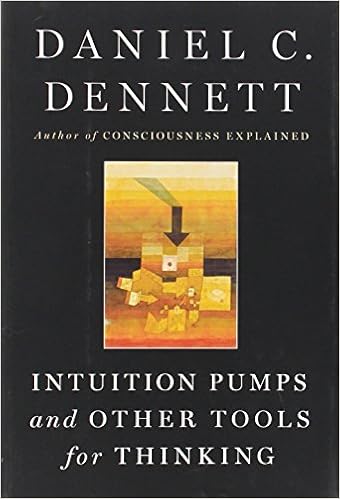In the book, the author describes an agile approach to managing (and thinking about) new business ventures, i.e. start-ups. At the heart of the approach is learning: basically launching a "minimally viable product", exposing it to customers, observing their reactions (i.e. learning), translating those observations into a revised product and so on. (This may be an overly simplified take on the process, though.)
The two main goals of this approach are, consistently with 'lean' approaches in general, speed and elimination of waste. For example, with a "minimally viable product" no possibly unwanted features are developed, hence saving time and avoiding potential unnecessary work.
The two main goals of this approach are, consistently with 'lean' approaches in general, speed and elimination of waste. For example, with a "minimally viable product" no possibly unwanted features are developed, hence saving time and avoiding potential unnecessary work.
Was it good?
The book was quite intriguing - the main message is loud and clear, and the several case vignettes illustrate the principles in practice. In this sense, the book was rather compelling. However, throughout the book, I kept thinking whether the principles and practices are universally generalisable (though it is debatable whether this is possible with any principle or practice). For example, it may be that there may be contexts where minimally viable products have to include quite an extensive set of features to make it viable at all. Think of smartphones for example: in contemporary smartphone markets it may be quite infeasible for new entrants such as Oppo some years ago to enter the (consumer9 market with a stripped-down product as a minimally viable product - or alternatively the product concept should be quite radically different from mainstream offerings.
The main take-away for me?
The main take-away for me was the application of the scientific method in this kind of a domain, management of new business ventures. That is, the lean approach is based on formulating plausible hypotheses (what the customers would likely appreciate), conducting controlled experiments (exposing customers to the product hypothesised to be compelling), gathering data (observing customers' behaviour) and drawing conclusions (confirming or revising hypotheses, i.e. learning). In addition, the notion of waste and its many manifestations if a welcome reminder to be applied in various domains of professional - and personal - life.
Who should read the book?
Well, of course the prime audience for the book are entrepreneurs and start-up employees, especially in consumer-oriented software companies where the lean approach probably is most readily applicable. However, as the author suggests, all practicing managers or other management thinkers surely get food for thought from the book.
The book on Amazon.com: The Lean Startup

